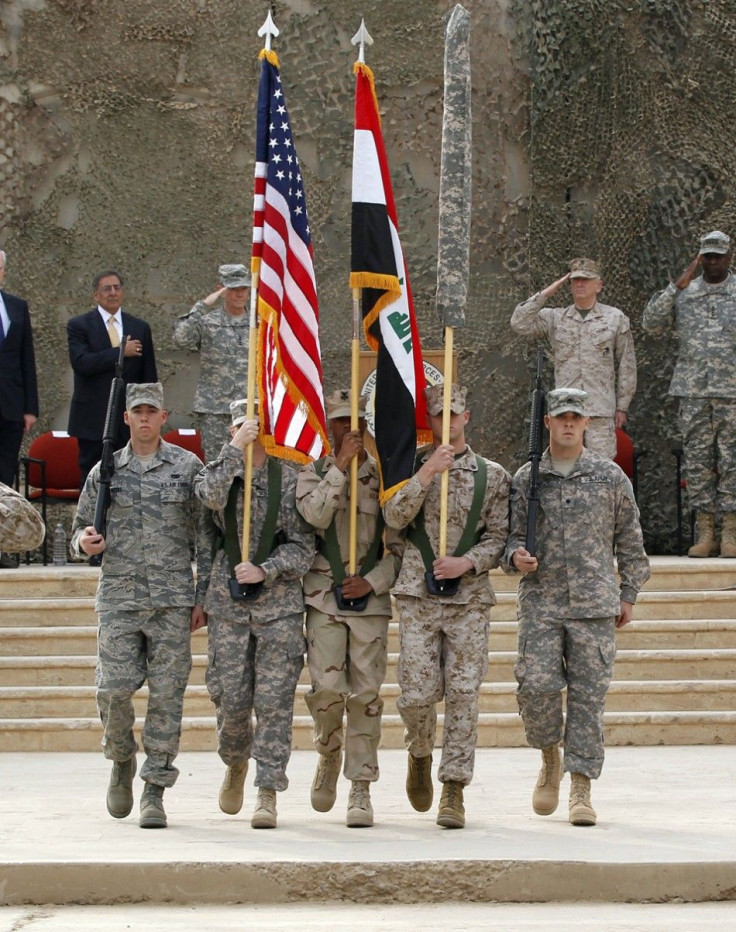U.S. Dept. of Defense Unable to Account for Billions Spent in Iraq, Audit Finds

Two new government audits have found that the U.S. Department of Defense (DoD) cannot account for about $2 billion in Iraq development funds, made available to it by the government of Iraq, and it hasn't been able to furnish a complete list of U.S.-funded reconstruction projects.
Two-thirds of the $3 billion funds ($2.8 billion) from the Iraqi government to pay bills for certain contracts, were held at the Federal Reserve Bank of New York (FRBNY), while the remaining $217.7 million was held in the presidential palace vault in Baghdad. Records show that DoD made about $2.7 billion in payments from its FRBNY account; however, the FRBNY does not have the specifics about the payments or financial documents, such as vendor invoices, to support them, the audit reports submitted by the Special Inspector General for Iraq Reconstruction (SIGIR) said.
Although it was the DoD's responsibility to maintain documentation to support the full $2.7 billion in expenditures made from the FRNBY account, it could only provide documentation to support a certain portion of the expenditure, the audit report published on Friday said.
Additionally, the audit report said the DoD was unable to locate documentation supporting $119.3 million of the $193.3 million that it spent from the $217.7 million in cash remaining in the presidential vault when the CPA (Coalition Provisional Authority) was dissolved.
The bulk of the records missing from the DoD include key documents, such as copies of monthly reports accounting for expenditures from the FRBNY account and the palace vault. DoD is searching for documents supporting the remaining amount in payments.
A letter accompanying the report and signed by Inspector General Stuart Bowen declared the details of the largest known criminal fraud to have occurred in Iraq since 2003.
In a response letter accompanying the report, Defense Under Secretary Mark Easton acknowledged a records management issue.
On Jan. 4, the Department of State declined to provide SIGIR with information on activities it conducted pursuant to the U.S.-Iraq Strategic Framework Agreement (SFA), stating that activities under the SFA fall under the purview of numerous other (U.S. government) Inspector Generals [sic], and does not fall under the purview of SIGIR's reconstruction mandate.
As of mid-January, no other U.S. inspector general has publicly disclosed any plans to review SFA-related initiatives, the report said.
However, the report maintained that the existing records were foolproof and contained good financial documentation, and that the auditors could find sufficient evidence which proved that the records were sent to the Iraqi government, even though they could not be located now.
In a separate letter, the Inspector General's office complained to the U.S. ambassador to Iraq that the U.S. government has not provided Iraq with a complete list of reconstruction projects.
In a response letter, reported by CNN, Peter Bodde, assistant chief of mission for the U.S. Embassy in Iraq, said that while the current system is incomplete, it does capture the vast majority of reconstruction projects and there is no other alternative that captures more.
© Copyright IBTimes 2024. All rights reserved.












